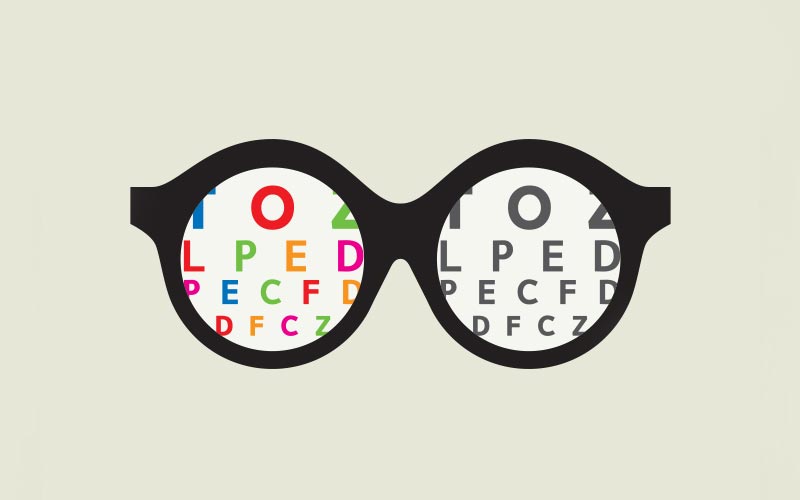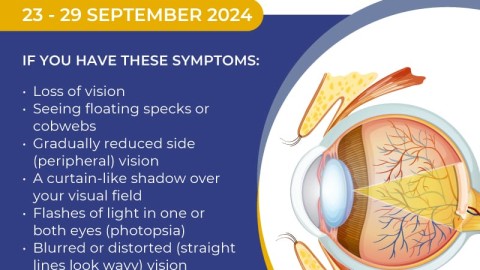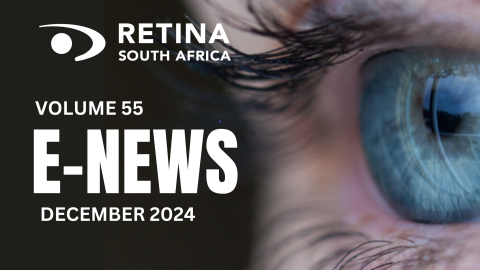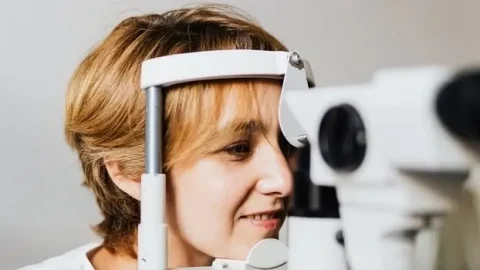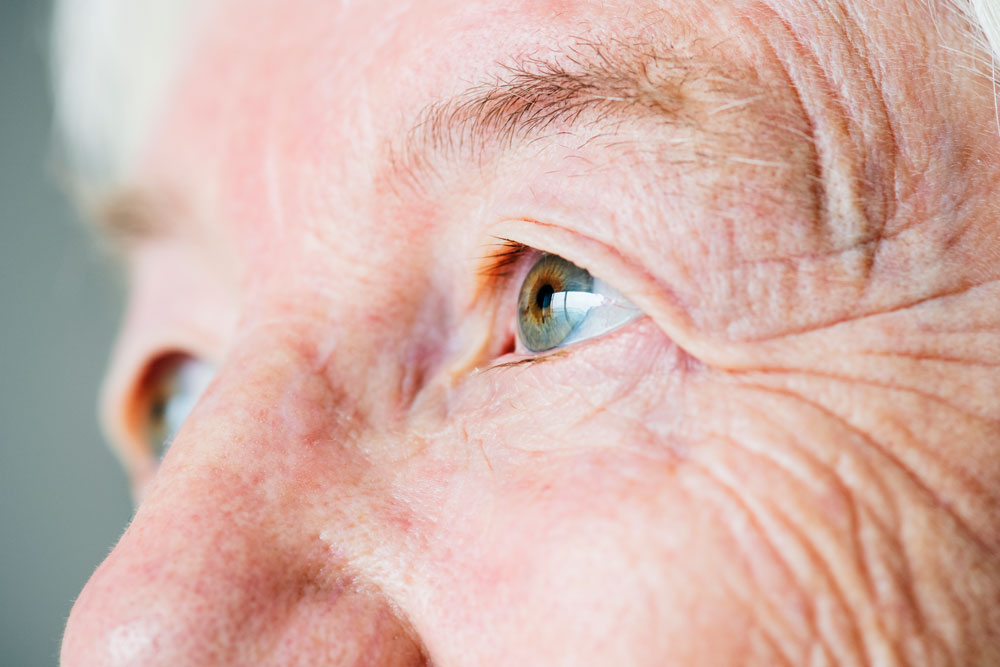If you work on a computer and use a smartphone or tablet, your eyes are exposed to blue light. Over time, blue light could potentially damage the eyes and can affect vision. But, on the way to permanent eye damage, there are other unpleasant symptoms that arise from blue light exposure. Ranging from mildly irritating to very unpleasant, these symptoms can include tired, red or watery eyes; blurred vision; headaches and even general mental fatigue. Often, people don’t even make the link between these symptoms and their screen use.
But what can we do to limit blue light exposure?
Ruahan Naude, a specialist in the optometry industry for over 20 years and the Chief Executive Officer and founder of Dynamic Vision South Africa, says there are several ways to reduce blue light exposure and protect the eyes against it.
“Obviously, limiting the amount of time our eyes are exposed to blue light is one way to reduce exposure. However, modern day jobs often require that we spend extended periods staring at a screen. So, it is not possible for everyone to meaningfully slash the amount of time they spend looking at a device screen. Of course, during our down time, we can try to limit screen time by putting down our smartphones and tablets.”
A more “real world” solution for people that work on computers daily is blue light control intervention with computer glasses – also known as blue blockers. Computer glasses are special-purpose eyeglasses that improve eyesight when looking at digital screens. When coated with a blue light reducing coating, lenses reduce glare which is a major cause of eyestrain, increase contrast and maximize what you see through the lenses. The advantages of wearing computer lenses with a blue light reducing coating include amongst others, reducing eye strain, reduced fatigue, less glare, clearer and more relaxed vision.
Until recently only conventional tinted plastic lenses were able to absorb the blue spectral range. The downside was that these lenses had a visibly yellow/orange tint. This kind of tint however is unsuitable indoors and at night, apart from being unaesthetic.
Fortunately, most lens manufacturers now make computer specific lenses that are designed especially for people who spend the majority of their day on the computer. Wearing blue-light-attenuating lenses can protect your eyes from these potentially harmful rays.
According to Naude there are several solutions such as blue light coating on prescription lenses as well as blue light reducing eyewear for those who don’t need prescription lenses. Blue light reducing glasses differ in terms of tints, spectral transmission properties, filtering characteristics and Anti-Reflective (AR) coating amongst others.
Advancements in lens technologies and the diversifying choice of frames by manufacturers mean that consumers do have greater choice available to them. SEIKO’s SuperResistantBlue for instance uses a new high-tech coating technology that reflects the blue spectral range. For the 380 to 500 nm range, blue light reduction is approximately 30%.1
“Due to this technology, the spectacle lenses make it possible to see more clearly. As SEIKO’s SuperResistantBlue reduces the blue light reflected by electronic devices and LED sources even further, it gives a comfortable, clear field of vision. This high-performance coating is designed to give spectacle wearers a comfortable feeling when wearing them,” says Paul Nicholls, Area Sales Manager at SEIKO.
By reducing blue blight, this coating reduces glare and increases visibility. Reflections caused by the dispersal of indirect light (the state in which it looks like there is a white mist) are also reduced resulting in improved vision.1
Naude points out that there are discrepancies in the characteristics and quality of computer glasses, as not all coatings are created equal, nor are the processes in which they are applied to lenses. As such, he recommends getting advice from an optometrist before spending any money on computer glasses.
“When evaluating your options, there are various factors to consider such as your visual abilities and computer usage, work environmental conditions, and your viewing habits. Computer glasses can dramatically improve symptoms of digital eyestrain but it is important to make sure you purchase glasses that are suitable to your needs.”
Issued on behalf of Dynamic Vision by Echo Square PR. For more information please call Vickie Slabbert on 082 411 7602 or e-mail vickie@echosquare.co.za
References:
-
(2018, 06 06). SEIKO Super Resistant Coat BR. Retrieved from SEIKO Optical Products: http://www.seiko-opt.co.jp/en/technology/resistancebr/



